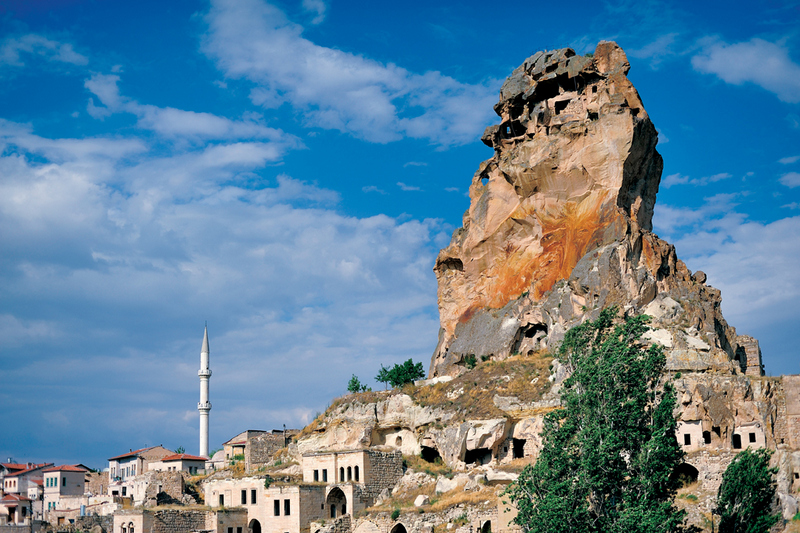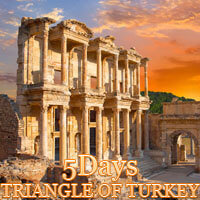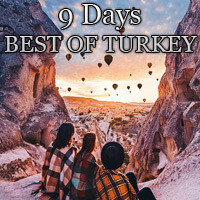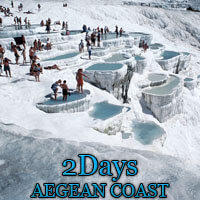Ortahisar
Although Ortahisar’s foundation date is not known precisely, Hibe Dede, who was one of the Uzbek Turks, came from HORASAN with eight brothers and settled in Ortahisar while immigration from Central Asia started to Anatolia from the beginning. This family has built nine separate dwellings in the castle and its surroundings in the center of the town, by developing the pitfalls and carving additional places around them. These nine families constitute a large part of the present Ortahisar people.
It is understood from the researches and historical documents in the Cappadocia region that the Cappadocia region is a unit which has been operating since the early periods.
Centers such as Alacahöyük, Yazılıkaya, Boğazkale, Hattuşaş, Alişar, Külhöyük, Çengeltepe, Kültepe, Erkilet, Karahöyük and Kaneş Acemhöyük are the oldest centers of settlement and civilization in Cappadocia. Ortahisar, one of the heirs of these centers in the new geography, has an important place with historical features and natural features of the past periods.
Ortahisar Town BC Etilerin in 1500, BC In 1200 BC the Phrygians, BC. In 657 the Lycians and a period of Persians, BC. In the 27th year of the Romans, M.S. In 395, the Byzantine rule was dominated by the transformation of East Roman into Byzantine. It seems to remain in this dominion until the second half of the 10th year.
1071 Malazgirt Victory and a large part of Anatolia and the entire Cappadocia region will remain eternal Turks. In the fifty years following the year 1071, a large part of Anatolia, together with the Cappadocia region, goes to the Danişment Beylik administration founded by Danişment Ahmet Gazi, the first Turkish dominant in the region. With this period, the Turks and the Christians in the region start to live side by side in peace.
In 1175, Cappadocia region was in the hands of the Seljuks and after the Mongolian invasion, it became dominated by the principals of Eratna and Karamanoğulları.
MORE













